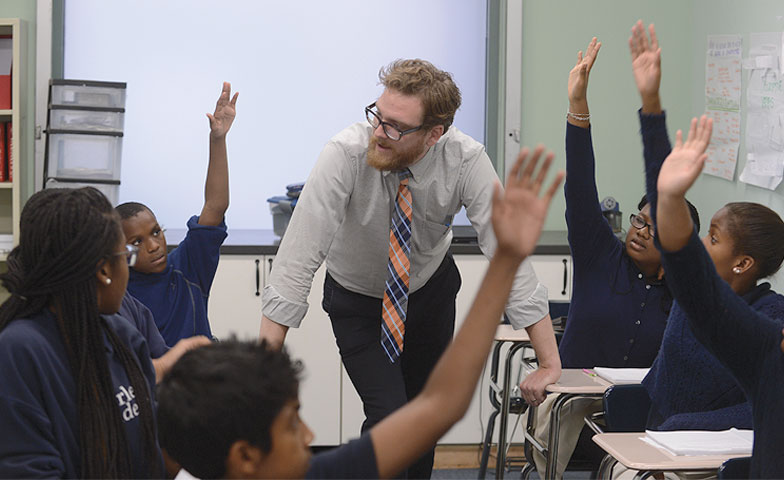
Students collaborate from afar using online tools. Geographically, it did not make sense. Middletown and Pocomoke Middle Schools, both located in Maryland, are approximately 200 miles away, and students in both classrooms were discussing the same piece of literature. Each student analyzed the author’s style and offered unique takeaways about attributes of the plot. However,


0